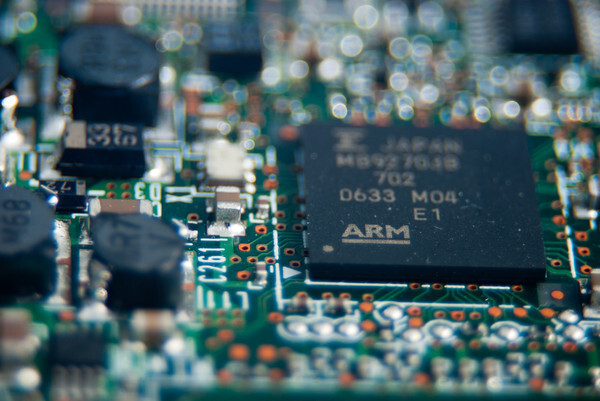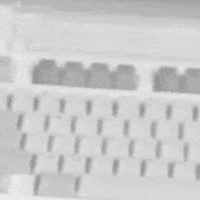
(Fred Taylor-Young/Flickr)
No, it’s not really a surprise at this point that the much-talked-about deal between NVIDIA and ARM has been called off. It was clearly a bad move for the industry, as it would have made every company in the field dependent on a firm that is arguably a direct competitor.
The European Union, the United States, and United Kingdom each pushed back against the deal, which started at a valuation of $38.5 billion, but continued to grow in value as ARM’s stock soared during the pandemic. But the signs that it wasn’t going to work were clear—for one, it drew a lot of pushback from both ARM customers and political figures.
But more interesting were the comments from Hermann Hauser, who helped to form ARM’s initial parent company, Acorn, in the 1970s.
“There is not a single important semiconductor company in the world which does not have an ARM license,” he said of the deal to The Guardian. “Nvidia has an opportunity to become the quasi-monopoly supplier of microprocessors to the world.”
But beyond that concern, there are strong concerns of regionalism at play. Hauser was also a strong critic of the deal that put ARM Holdings in the hands of its current owner, SoftBank. And a big part of that is the fact for Hauser that it was a Japanese company, not a British one.
As I wrote last year, ARM was intentionally developed as part of an effort by the European market to have more control over technology manufacturing, but that never happened because it was too easy to produce ARM chips outside of Europe.
https://twitter.com/vonderleyen/status/1490997197030178818
This has been a huge problem amid the semiconductor shortage, and as a result, concerns are on the rise about the European Union producing its own chips. Literally this morning, in fact, the EU announced a large investment plan in the chip market with the goal of making Europe more dominant in the market.
“Chips are crucial in almost every device. But the pandemic has also painfully exposed the vulnerability of chips’ supply chains,” European Commission President Ursula von der Leyen said, per Politico Europe.
Which is ironic, because as I wrote a year ago, that was EXACTLY what the European Commission, the predecessor organization of the European Union, tried doing 40 years ago—and found its closest thing to success with ARM in the 1990s. Hauser and the rest of ARM’s team of the era intentionally pushed ARM in the direction of helping to meet European needs. But the chips ultimately found their biggest manufacturing base outside of Europe.
That ARM is in the news at that same time as this new initiative is strange, because even if you don’t know what the Open Microprocessor systems Initiative is, as an observer of the news, it’s not particularly hard to connect the dots and realize that the European Union let something very important fall through its hands a few decades ago. (And that’s even before Brexit!)
Maybe it’s an opportunity to leverage what was previously lost.
Time limit given ⏲: 30 minutes
Time left on clock ⏲: 2 minutes, 32 seconds



